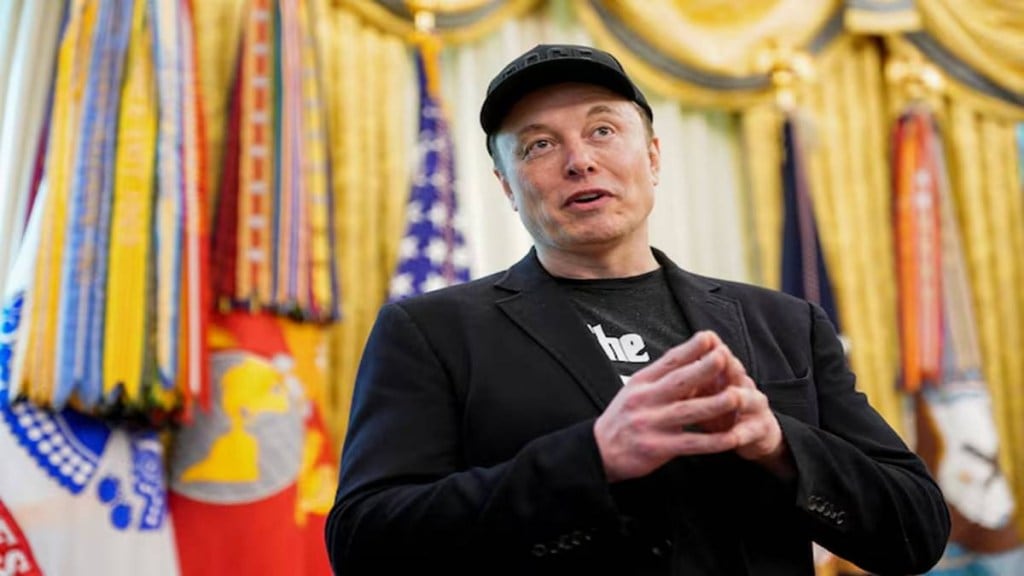Elon Musk appears ready to take on not just Capitol Hill but the entire two-party system. The world’s wealthiest man has announced the launch of his own political party, the “America Party,” in response to a tax and spending bill he strongly opposes. “If this insane spending bill passes, the America Party will be formed the next day,” Musk wrote on X, referring to the legislation dubbed the “Big Beautiful Bill.”
According to Musk, the tax bill represents everything he has tried to steer Washington away from inefficiency and bloated government. The statement also comes amid a deepening rift between Musk and former ally Donald Trump. Musk, a major donor to Republican candidates in the 2023–24 cycle, has now warned GOP lawmakers that supporting the bill could cost them their seats, promising to run primary challengers against them.
While Musk’s announcement has reignited conversations around a viable third party, history shows just how difficult that path is in American politics. Despite growing dissatisfaction among voters with both major parties, third-party movements have largely failed to gain traction. One key reason is the structural nature of the US electoral system. The “first-past-the-post” voting mechanism awards victory to the candidate with the most votes almost always a Democrat or Republican. This winner-takes-all format leaves little room for alternatives to break through. Even the most prominent third parties such as the Libertarian Party and the Green Party have struggled to win seats in Congress or state legislatures. For instance, the Libertarian Party’s best showing came in the 2016 presidential race, when candidate Gary Johnson earned just 3.27% of the national vote.
The cost of competing
Another major hurdle is money. Running a successful political campaign in the US is a billion-dollar endeavor. During the 2024 presidential and congressional races, nearly $16 billion was spent by candidates and parties. Campaigns rely heavily on funding to reach voters, run advertisements, and build ground operations. While Musk has no shortage of funds having contributed more than $291 million to Republican candidates alone in the last cycle, launching and sustaining a competitive national party would require not only deep pockets but also long-term infrastructure and grassroots momentum.
Despite their struggles to win elections, third parties in the US have had a noticeable impact. Often, they emerge rapidly, run multiple candidates across the country, and succeed in pulling votes away from one or both major parties. This phenomenon is known as the “spoiler effect.” It can shift election outcomes and force policy changes. Rather than replacing the Democrats or Republicans, most third parties function as catalysts. Once they begin to influence voter behaviour or public discourse, major parties often co-opt their ideas, blunting their momentum. Historically, such parties tend to fade within a decade. Their influence lies in disrupting the status quo, prompting change, then dissolving once their ideas are absorbed into the political mainstream.
Can Musk defy the odds?
If Elon Musk does launch the America Party, it would be one of the most high-profile third-party efforts in modern US history. With a massive platform, financial resources, and a loyal online following, Musk brings unique advantages. But whether those are enough to challenge a deeply entrenched two-party system remains uncertain. While his threat may sting, history suggests that even the most disruptive political startups often struggle to outlast the institutions they aim to replace.

